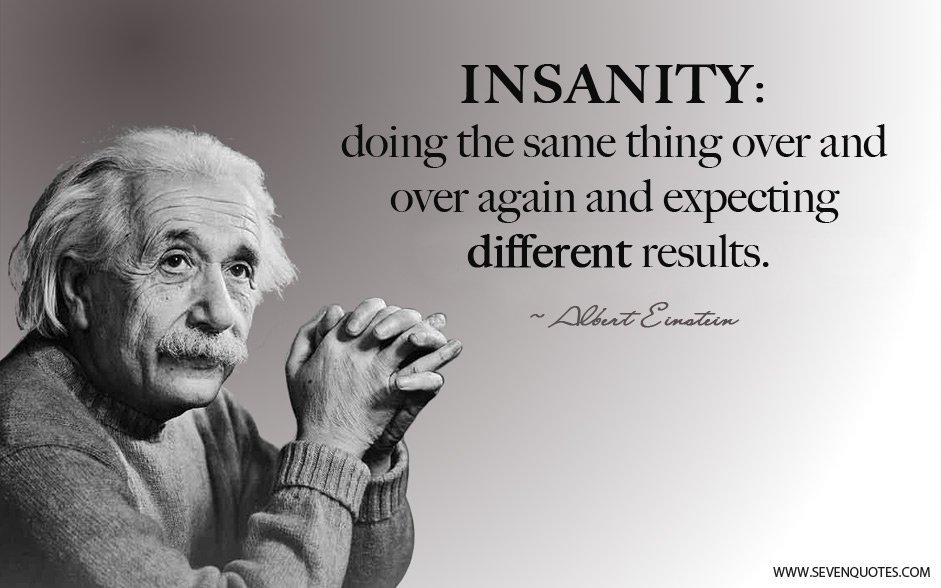Happy New Year!! Still practicing writing 2019. Here are my five favorite finds of this week.
1) Adulting – Adulting is a funny little word, but finding the cartoon below got me thinking on what those small happy things are in adulthood. In her article on adulting, Kay Steinmetz‘s quotes linguist Ben Zimmer: “Adulting tends to be used by those ‘who find themselves doing adult things for the first time and feeling like an adult’…It is very much attached to people coming of age, where they’re thrust into having to take things more seriously. [Every generation] comes to grip with aging in their own way.”
I would love to hear what makes being an adult a joyful thing for you. For me, it includes grandchildren, being out of debt, friendships that have endured time and distance, being taken seriously…and sometimes not-so-seriously (but it doesn’t matter as much). Adulting…what does that mean for you? Comment, please.
 Photo Credit: Just Eat Real Food Facebook page, Hedger Humor
Photo Credit: Just Eat Real Food Facebook page, Hedger Humor
2) Employee Newsletters – Sounds so old school, right? Does your company even have an employee newsletter anymore? When a company has to downsize to maintain their bottom line, often communications, especially internal communication outlets, suffer. The employee newsletter is often sacrificed. Too bad, because this is a great diagnostic of the core values of a company. The ones I like best are those that are filled with employee stories, accomplishments, and dilemmas shared and solved with other colleagues. Employee newsletters can be living documents that connect people and give the reader a sense of the health of the organization. The images below are of two such newsletters.  Photo Credit: Campaign Monitor
Photo Credit: Campaign Monitor
We don’t need the generic, one-page wellness coaching that we see on the inside of the bathroom stall door. We need lively, engaging stories written by those we rub shoulders with at work. These kind of newsletters give us opportunities to celebrate personal and professional benchmarks…they make our companies human.
Bananatag Internal Communications offers a webinar on How to Write Employee Newsletters. Fascinating and encouraging.
 Photo Credit: HuaMConry
Photo Credit: HuaMConry
3) Mission BBQ – Already a previous Friday Fave, Mission BBQ is one of our favorite restaurants. Their generous customer service and quality food are unique. We are members of their birthday club and receive a free barbecue sandwich when our special day rolls around each year. Besides that, we will get an email occasionally inviting us in for another free sandwich. Today we redeemed our “Merry Christmas” freebies. The food is great, but it’s also an uplifting in-restaurant experience. Mission BBQ sets the bar high in honoring first responders and members (and families) of the military. Sweet. If you have one in your town, don’t miss it. If you don’t, can you suggest your own exceptional business (in Comments below)?
4) Sears– Here’s to Sears! When I was growing up, Sears was that dependable department store and mail-order business that our parents trusted. They had everything. Clothing, toys, appliances, tires, and tools. You could count on Sears for quality products and solid customer service. 
 Photo Credit: CNN
Photo Credit: CNN
The Sears Christmas catalog, the Wish Book, was the most delightful experience for us kids. We would pour over the pages of toys, writing down our wish lists for Christmas. Photo Credit: Pinterest
Photo Credit: Pinterest
We don’t buy from Sears very often anymore. Walmart, Target, and Amazon all dominate our day-to-day shopping world. Today, I needed a particular service of Sears and drove there to find that it was closing!!
It made me sad.
“Sears was the Amazon of its day.” In years past, Sears gave wide access to merchandise, especially for those more marginalized consumers in our country – farming families and African-Americans in the era of Jim Crow. When the giant Sears shut down its mail-order business, within a couple of years, Amazon took off. The decision-makers for Sears did not take into account the influence the internet would have on consumers. Amazon is hopefully taking note of its own greatest competitor right now, China’s Alibaba. Staying ahead of the market. Forsaking the hubris that can bring down a retail giant.
What Amazon Can Learn from Sears – Yes, Sears! – Lisa Lacy [may require a subscription if you read from a mobile device. I had free access from my computer.]
Amazon vs. Alibaba – Who Is Winning? – Chris Dunne – includes fascinating infographic comparing the two (hopefully you will be free to read the whole article without subscribing).
Thanks Sears…for all those shopping years.
5) The Rest of the World – In the US, we seem absorbed by our own news…what our government is doing, which celebrity is making headlines again, what sports team will make it to the championship. Sometimes you have to search intentionally for what’s happening in the rest of the world. I try to find other news sources that don’t slosh too much bias on their reporting…it’s challenging. Worth the search. Photo Credit: Facts & Trends
Photo Credit: Facts & Trends
Any suggestions you have on good sources for news on the rest of the world? Please share.
Rest of World News – The Times of India
The World in 2019 – Daniel Franklin – The Economist
___________________________________________________________________________
Have a restful weekend. Some weeks can be really long and full. Make some space for yourself and for what might come if you look up.
Bonuses
The line separating good and evil passes not through states, nor between classes, nor between political parties either – but right through every human heart — and through all human hearts. – A. Solzhenitsyn
A funny take on New Year’s Resolutions by Comedian Dustin Nickerson:
Who’s In the Office? The American Workday in One Graph – Quoctrung Bui
No Star Wars movie this Christmas…we have to wait until the end of 2019:























































